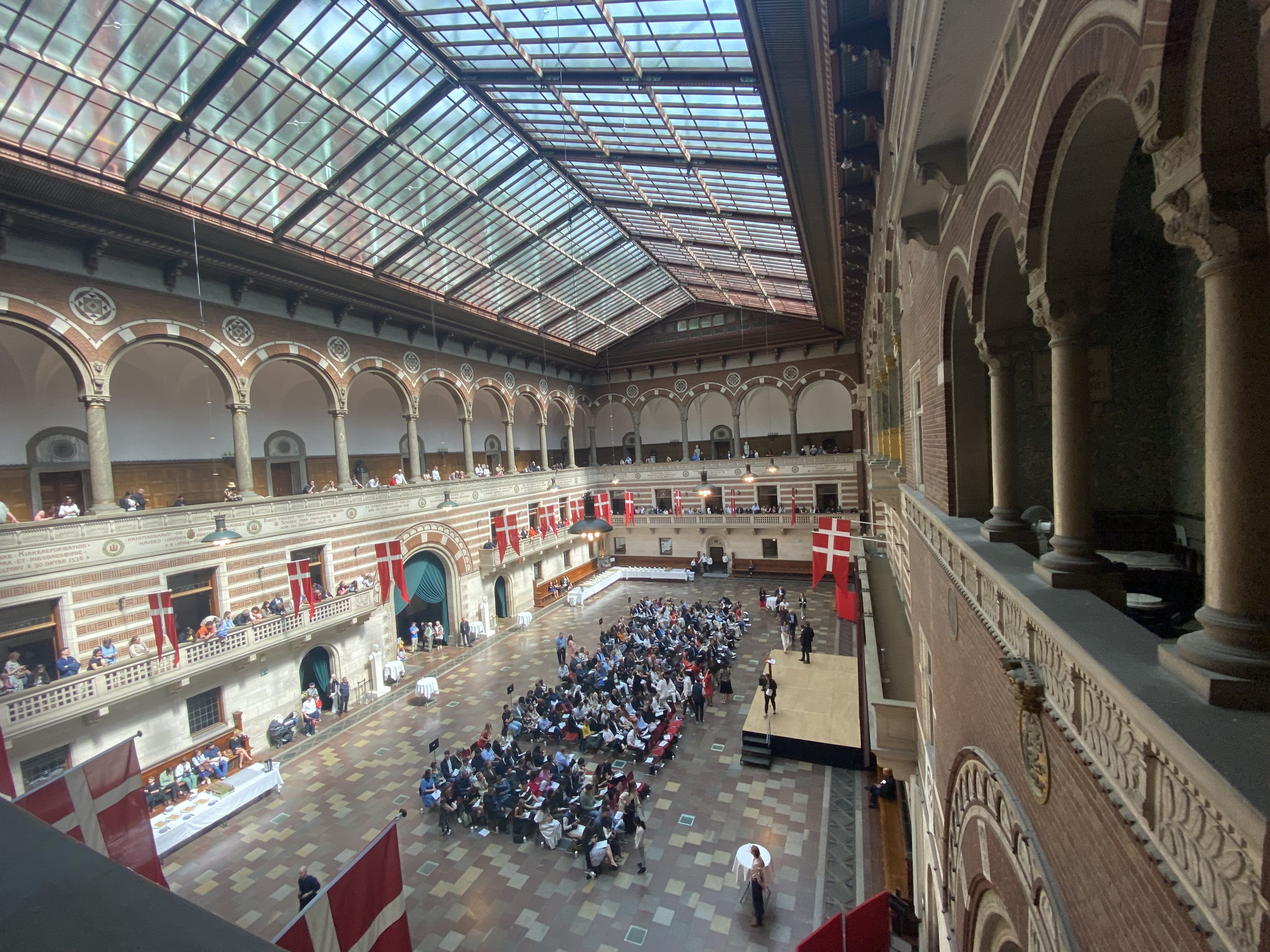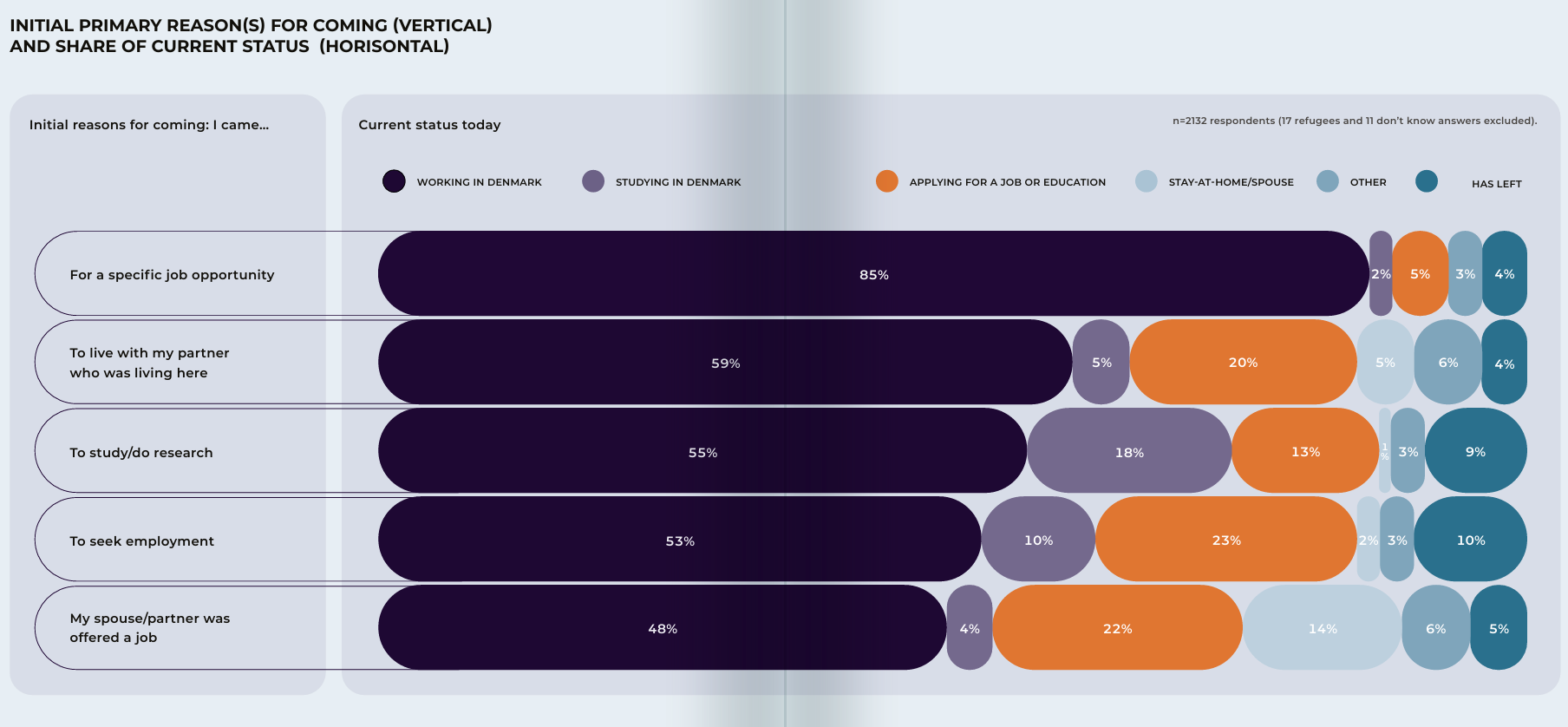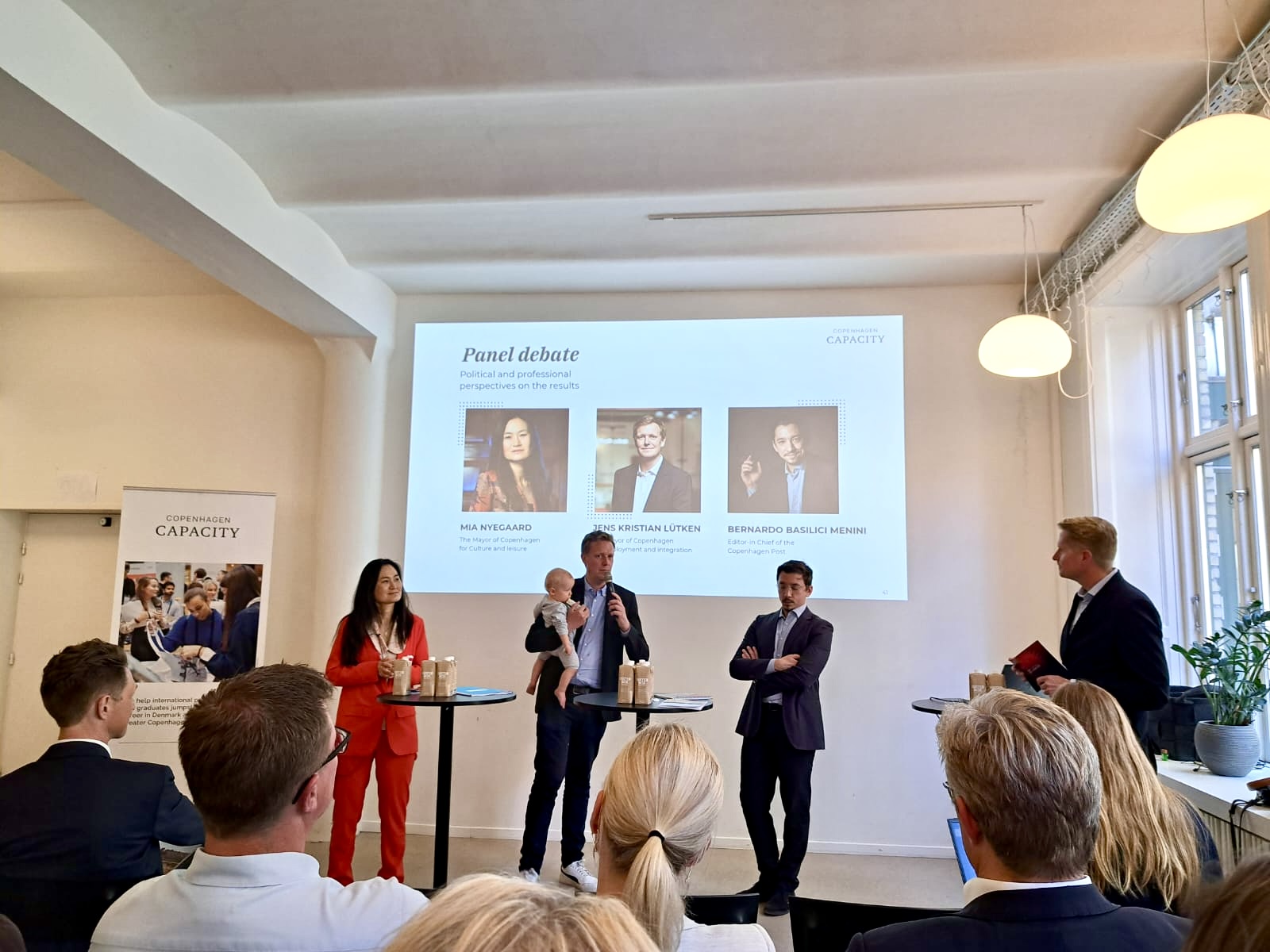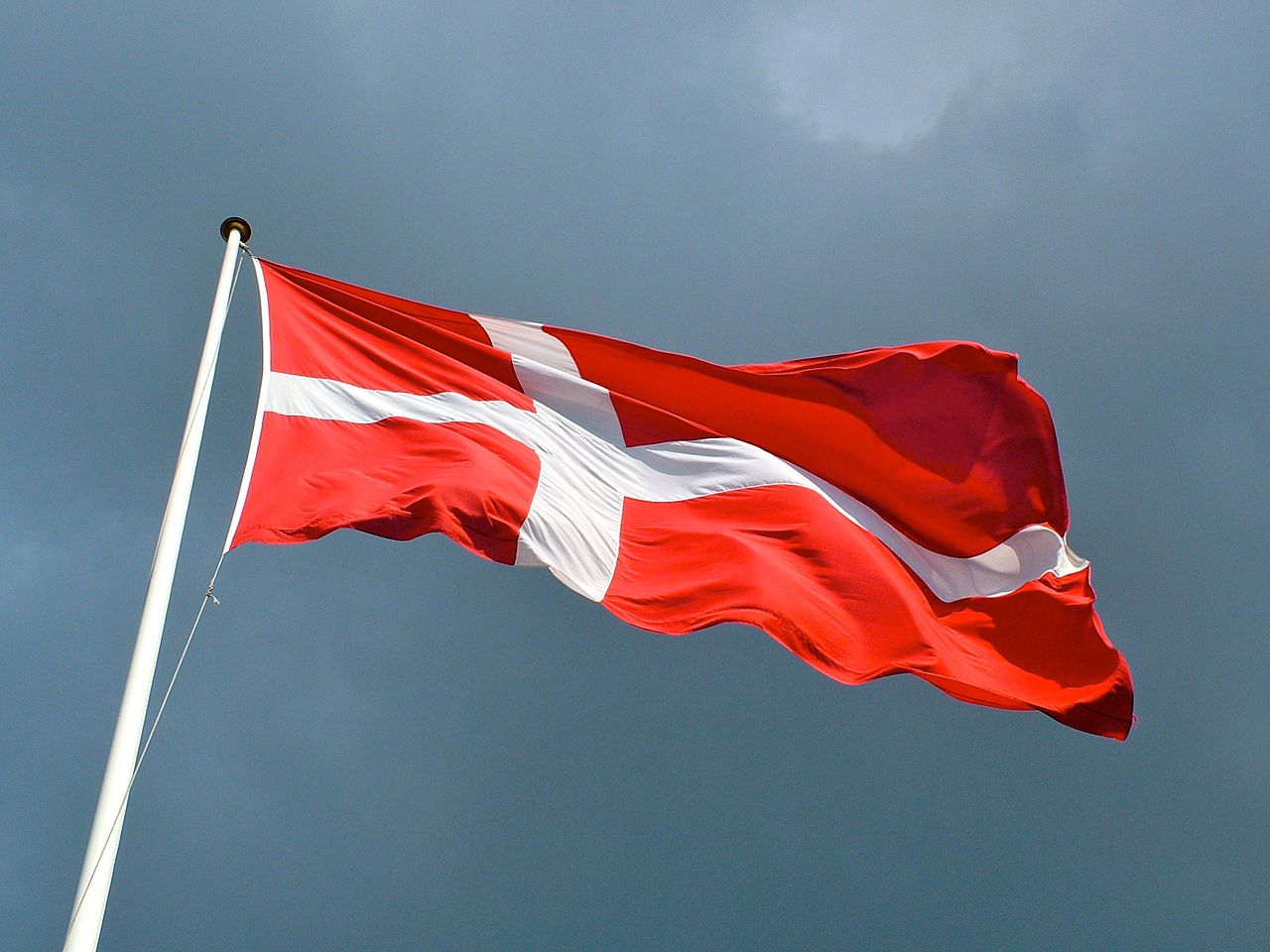The results of a recent survey by Gallup International on world religion are “misleading”, claims a leading Danish atheist.
Kurt Bilsbo, the head of the Danish Atheist Society, takes issue with how the findings infer that 48 percent of Denmark’s population have religious beliefs.
Gallup claims that 52 percent of the Danish population associates as either atheist or non-religious – but this figure is significantly lower than previous surveys that directly asked people whether they were religious.
A survey in 2008, also by Gallup, revealed Denmark to be in the top three least religious countries in the world, with a mere 18 percent considering religion an important part of their daily life.
Not suddenly more religious!
“Denmark is certainly not becoming more religious,” Bilsbo told the Copenhagen Post.
“Typically, we have found that the number of Danes associating as religious believers drops by approximately 7 percent each year. In my opinion, the results of this survey are problematic.”
According to the new survey, which was carried out in 65 countries, China, Sweden and the Czech Republic are the world’s least religious nations.
Experts call an error
Bilsbo claims that the fault in the statistics may lie in the fact that Danes, whilst typically considered members of a predominantly secular society, are used to relating to the church as an integrated part of Danish society.
Most Danes are only nominally Christian in the sense they became members of the Danish state church at baptism, he contends, or because they attend church for weddings, funerals or Christmas. These Danes, he says, are ‘culture Christians’ or ‘Christians by habit’, but non-religious.
“The results of this survey are misleading and probably the result of studies incorporating the likes of ‘culture Christians’ – of which few are actually devoutly Christian,” he said.
Bilsbo did concede there is a notable difference between the Copenhagen area and the rest of Denmark.
“Copenhagen is considered increasingly secular, whereas Zealand is generally considered more conservative,” he said.
Religion a ‘non-issue’
American sociologist Phil Zuckerman spent over a year in Scandinavia, talking to hundreds of Danes and Swedes about religion.
In 2008, he published a book about atheism and secularism in Scandinavia, concluding that the large majority of the population had little to no involvement in religious outgoings. In his book ‘Society without God’, he concluded: “Religion wasn’t really so much a private, personal issue, but rather a non-issue.”
He found that most non-believers were all but anti-religious, with most interviewees balking at the term ‘atheist’, preferring to refer to themselves simply as ‘non-believers’. In contrast, the overwhelming majority had been baptised, confirmed or married in a church.
Wealth vs religion
Gallup International’s 2015 survey indicates a trend that wealthier nations tend to be less religious.
According to its findings, countries such as Sweden, Hong Kong and the Netherlands report high levels of atheism, whereas 7 out of 10 people with low, medium low and medium incomes are religious.
This observation reflects a previous study by Pew Research Centre, which found that a country’s level of religious association aligns closely with a nation’s GDP per capita.











